Filter by
SubjectRequired
LanguageRequired
The language used throughout the course, in both instruction and assessments.
Learning ProductRequired
LevelRequired
DurationRequired
SkillsRequired
SubtitlesRequired
EducatorRequired
Find the Best Radiology Course for Your Goals
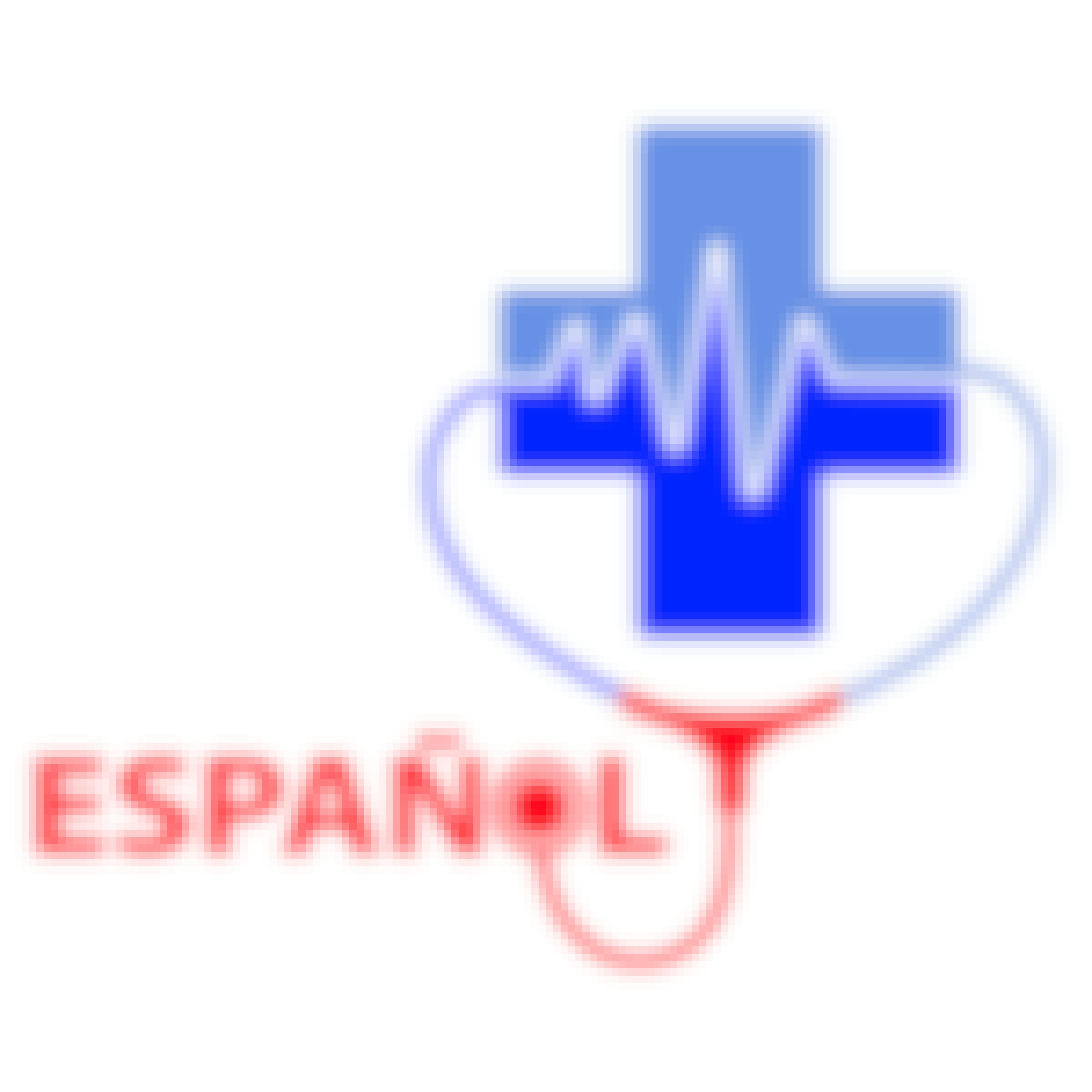
Rice University
Skills you'll gain: Patient Education And Counseling, Spanish Language, Cultural Diversity, Cultural Sensitivity, Intercultural Competence, Medical Terminology, Vocabulary, Language Learning, Grammar

University of California, Santa Cruz
Skills you'll gain: Healthcare Ethics, Pharmacology, General Medicine, Medical Science and Research, Mental and Behavioral Health Specialties, Medical History Documentation, Ancient History, World History, Cultural Responsiveness, Public Health
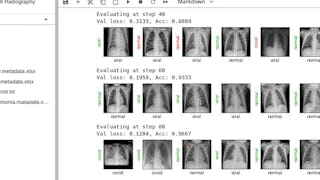
Coursera Project Network
Skills you'll gain: PyTorch (Machine Learning Library), Image Analysis, Deep Learning, Artificial Neural Networks, Machine Learning Methods, Medical Imaging, Machine Learning, Computer Vision, X-Ray Computed Tomography
 Status: Free Trial
Status: Free TrialSkills you'll gain: Medical Terminology, Pathology, Medical Records, Anatomy, Health Information Management and Medical Records, Vital Signs, Biology, Nutrition and Diet, Life Sciences

Yale University
Skills you'll gain: Anatomy, Orthopedics, Kinesiology, Physical Therapy, Medical Terminology, Radiology
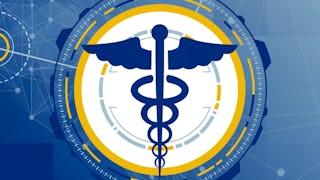 Status: Free Trial
Status: Free TrialJohns Hopkins University
Skills you'll gain: Health Informatics, Health Care, Health Information Management, Databases, Healthcare Industry Knowledge, Clinical Data Management, Electronic Medical Record, Data Mining, Data Analysis, Data Quality, Interoperability, Big Data, Query Languages, Data Integration, Data Science
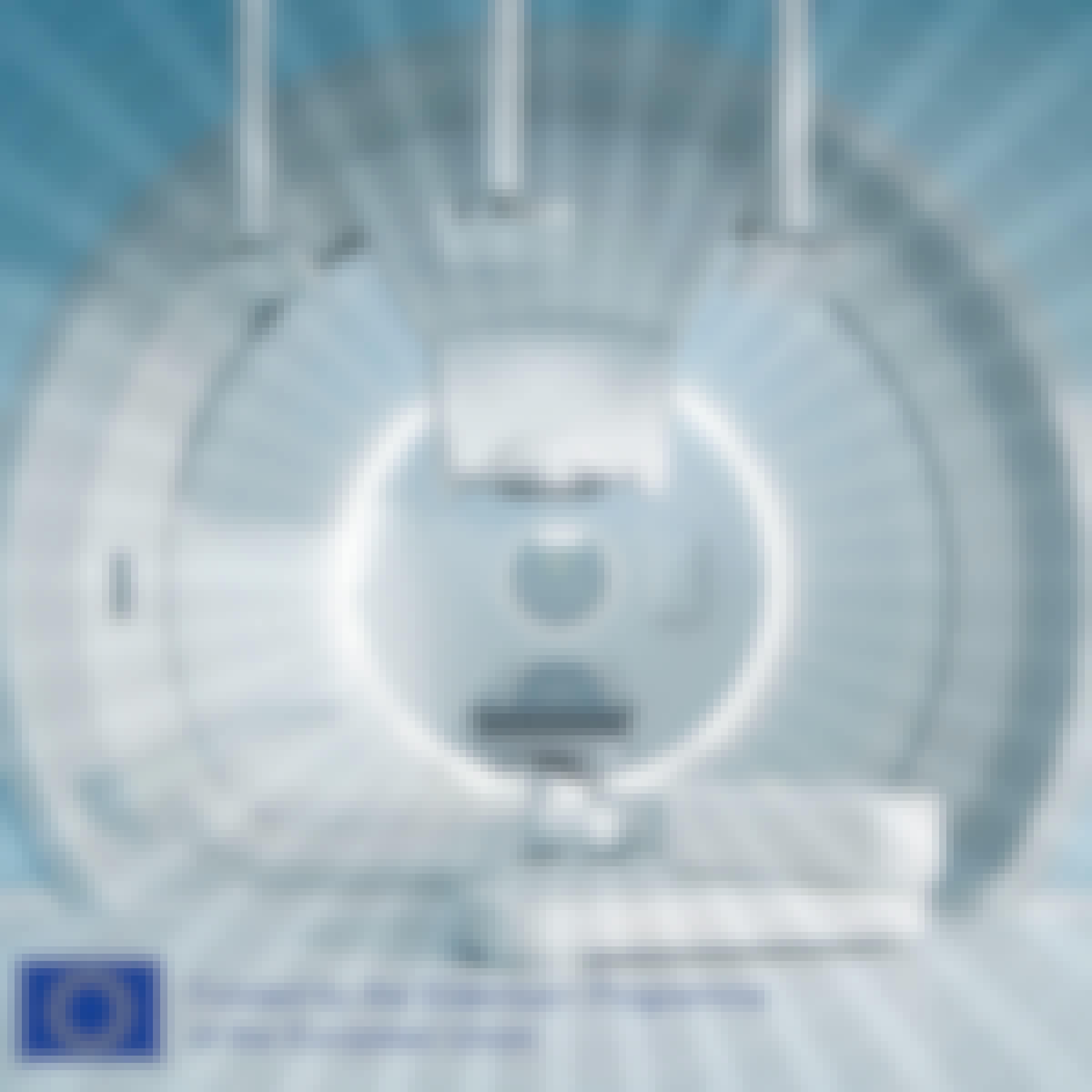
Lund University
Skills you'll gain: Medical Imaging, Radiology, Radiation Protection, Radiography, Oncology, Patient Positioning, Patient Treatment, Treatment Planning, Physics
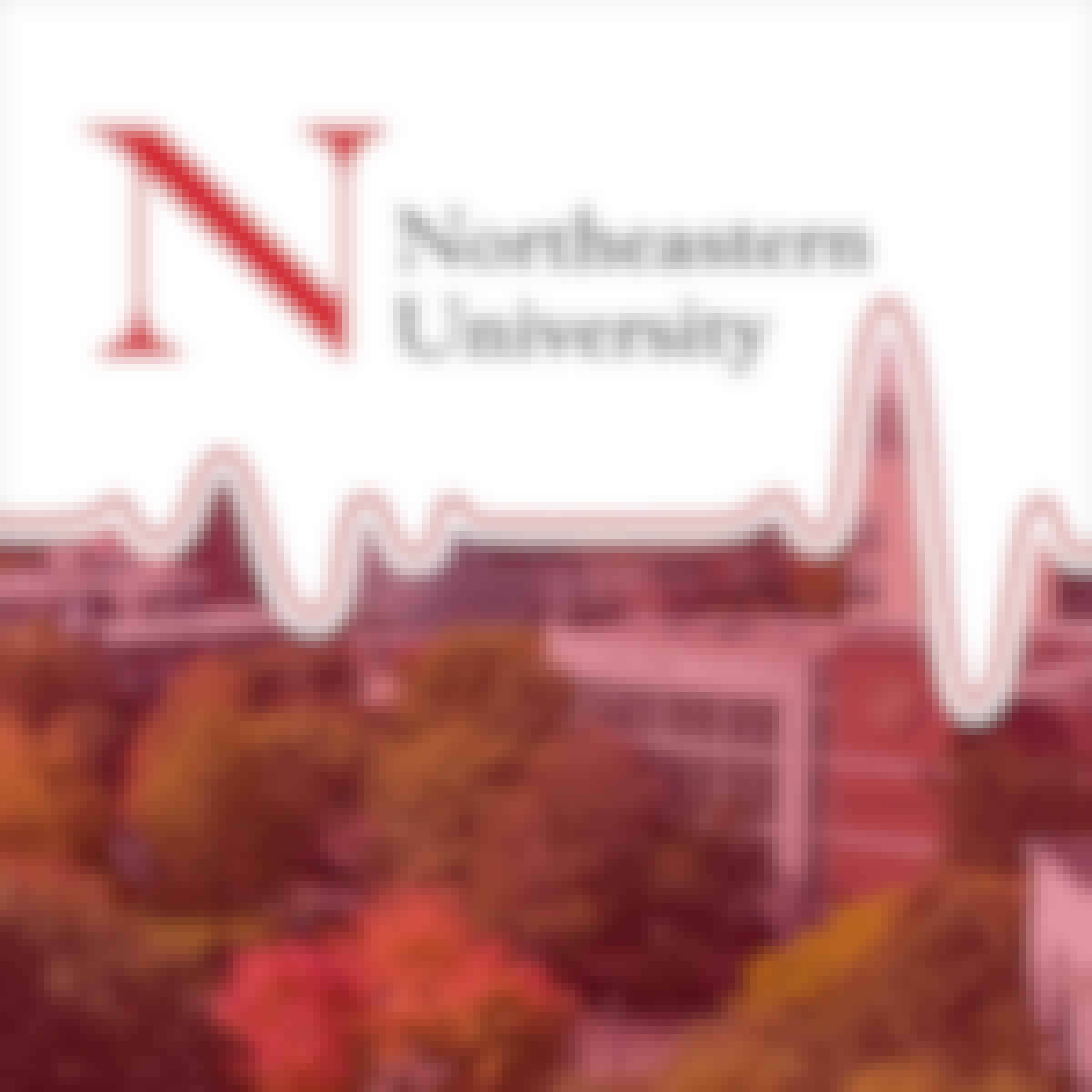
Northeastern University
Skills you'll gain: Health Informatics, Health Information Management, Health Systems, Health Technology, Health Care, Health Care Administration, Medical Records, Data Sharing, Electronic Medical Record, Interoperability, Decision Support Systems, Data Management, Data Storage, Artificial Intelligence, Deep Learning, Digital Transformation

Peking University
Skills you'll gain: Patient Evaluation, Nursing Process, Nursing Care, Nursing, Oncology, Clinical Nursing, Patient Education And Counseling, Public Health and Disease Prevention, Surgery, Pathology, Patient Treatment, Epidemiology, Radiology, Pharmacotherapy
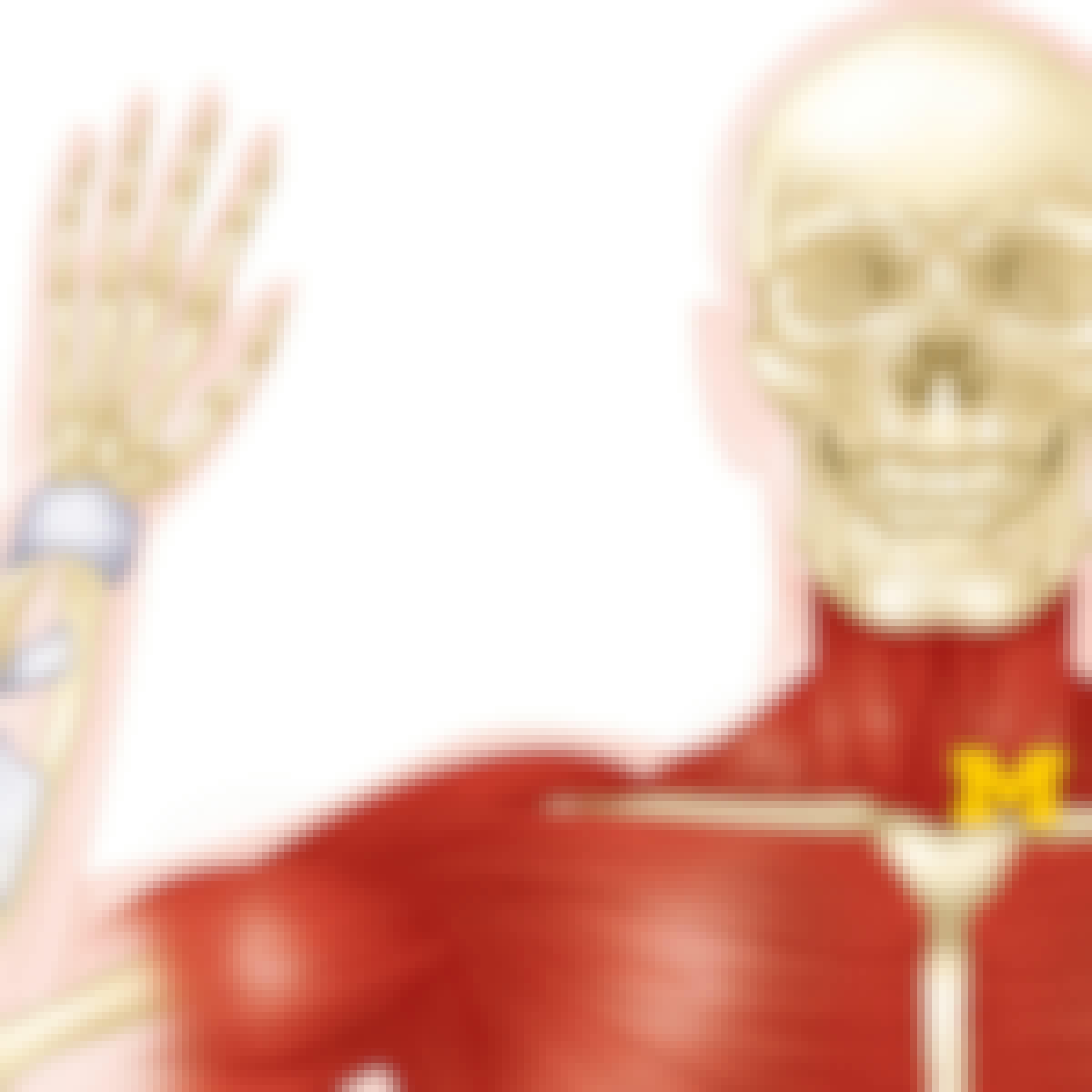 Status: Free Trial
Status: Free TrialUniversity of Michigan
Skills you'll gain: Anatomy, Orthopedics, Kinesiology, Biology, Medical Terminology
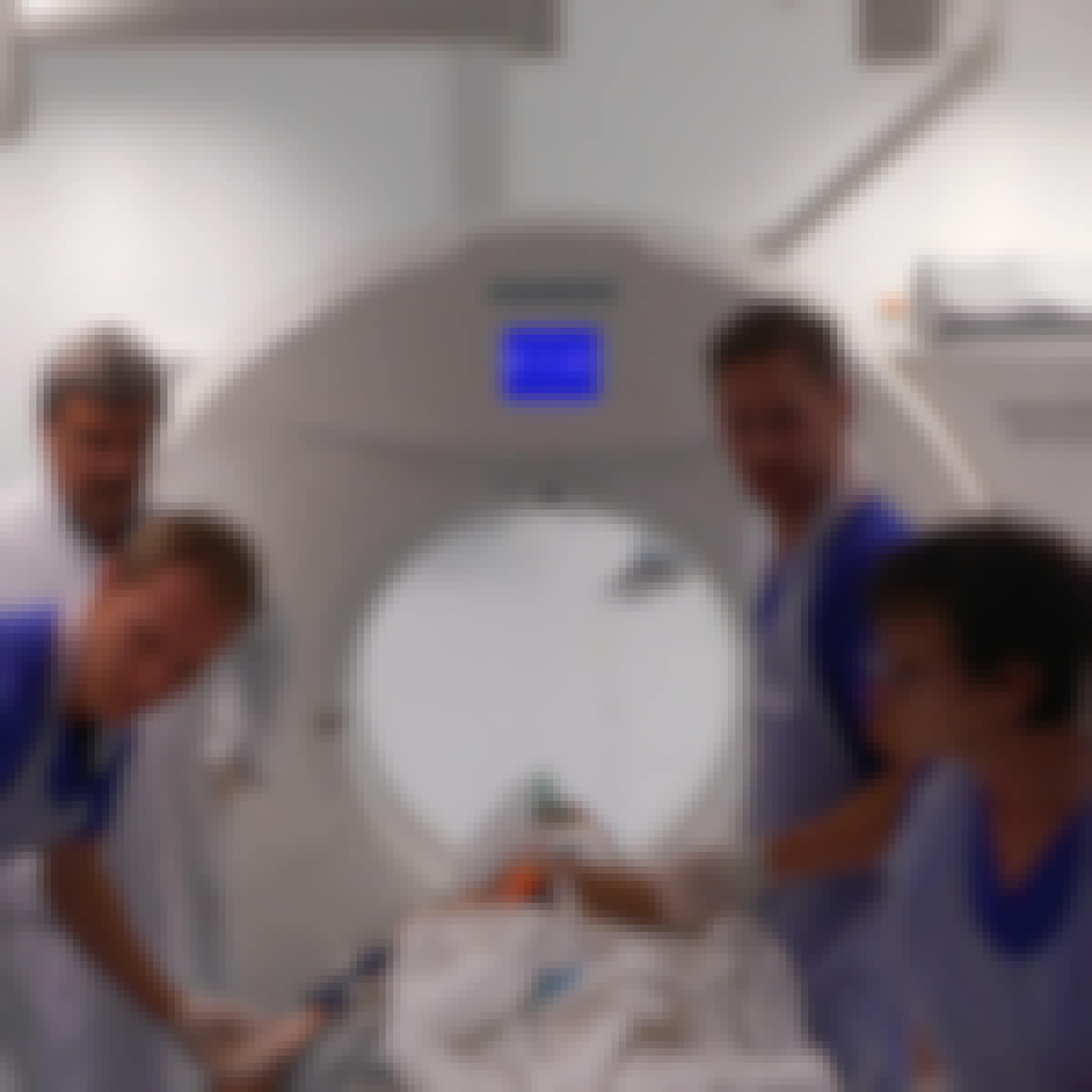
Technical University of Munich (TUM)
Skills you'll gain: Orthopedics, Splinting, Trauma Care, Surgery, Rehabilitation, Neurology, Triage, Emergency Medicine, Critical Care, Patient Treatment, Radiography, Treatment Planning, Patient Evaluation, Anatomy, Medical Imaging
 Status: Free Trial
Status: Free TrialMedCerts
Skills you'll gain: Medical Terminology, Anatomy, Pathology, Orthopedics, Medical Records, Medical Billing and Coding, Biology, Health Information Management, Physical Therapy
In summary, here are 10 of our most popular radiology courses
- Spanish for Successful Communication in Healthcare Settings: Rice University
- The History of Medicine: Philosophy, Science, and Psychology: University of California, Santa Cruz
- Detecting COVID-19 with Chest X-Ray using PyTorch: Coursera Project Network
- Medical Terminology, Anatomy, and Physiology Fundamentals: MedCerts
- Anatomy of the Upper and Lower Extremities : Yale University
- The Data Science of Health Informatics: Johns Hopkins University
- Medical Applications of Particle Accelerators (NPAP MOOC): Lund University
- Health Informatics for Healthcare Professionals: Northeastern University
- Oncology Nursing(肿瘤护理): Peking University
- Anatomy: Musculoskeletal and Integumentary Systems: University of Michigan










